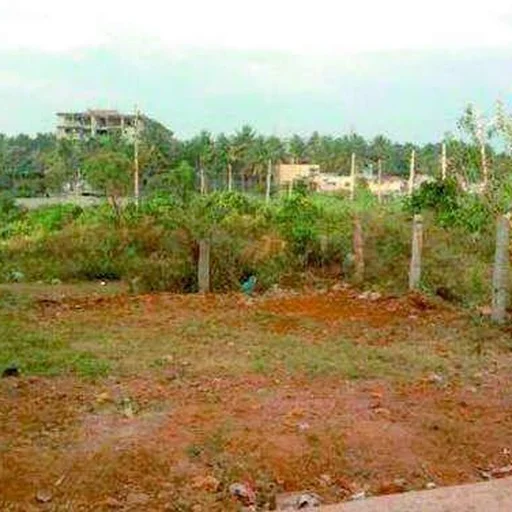A recent land survey in Varanasi, Uttar Pradesh, has caused a major disagreement. The survey identified 406 plots of land, previously thought to be Waqf land, as government property. This finding has upset the local Muslim community, who believe the land rightfully belongs to them. The district administration conducted the survey and sent the results to the state government, which is now claiming ownership of these 406 plots.
The survey has faced a lot of criticism, with many claiming that the process was unfair and not clear. Muslim leaders insist that the Waqf board’s ownership of these lands is well-known and supported by historical records. Therefore, they are demanding that the government show real proof to support its claims of ownership. This is more than just a dispute about land; it also involves the religious and historical importance of these properties for the Muslim community. One community leader stated the report was misleading and did not follow the correct procedures.
Legal experts have also raised concerns, asking for a more open and impartial investigation. This disagreement highlights how sensitive land disputes can be, especially when religious properties are involved. The core issue of land ownership has created worries about future conflicts. In addition, the community’s disagreement with the report shows their desire for a fair and just process.
The results of this survey and the related argument could have major effects on both the government and the Muslim community. While the state government has not yet responded to the criticism, they will need to handle the community’s worries regarding the claims of government property. The outcome of this situation will likely set a standard for how similar disputes are managed in the future.
